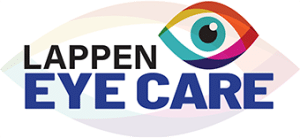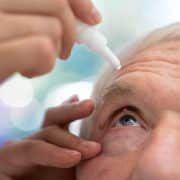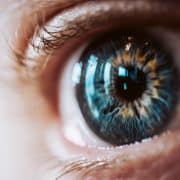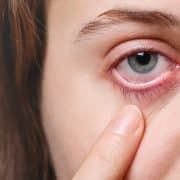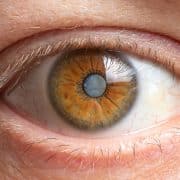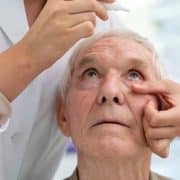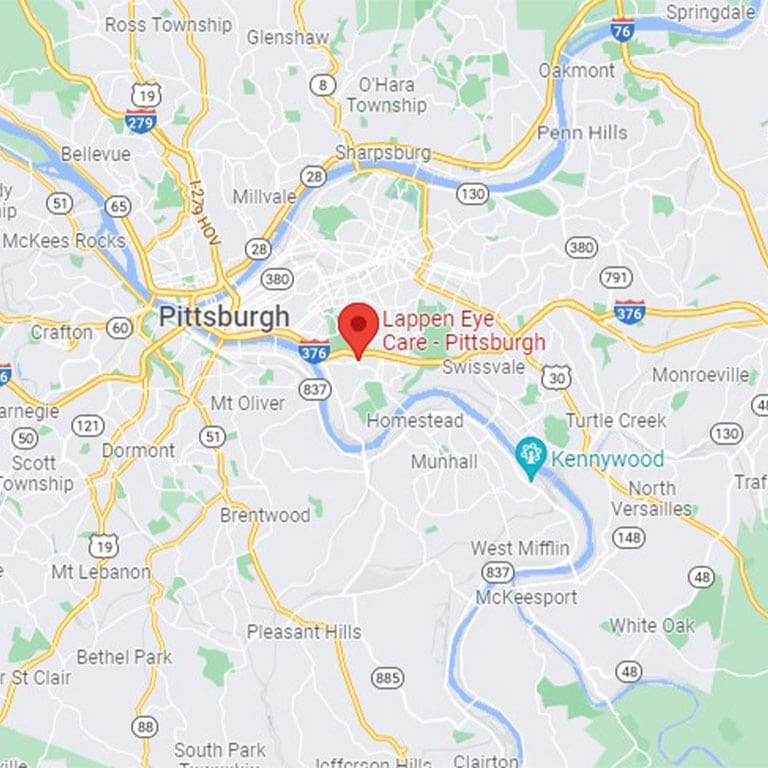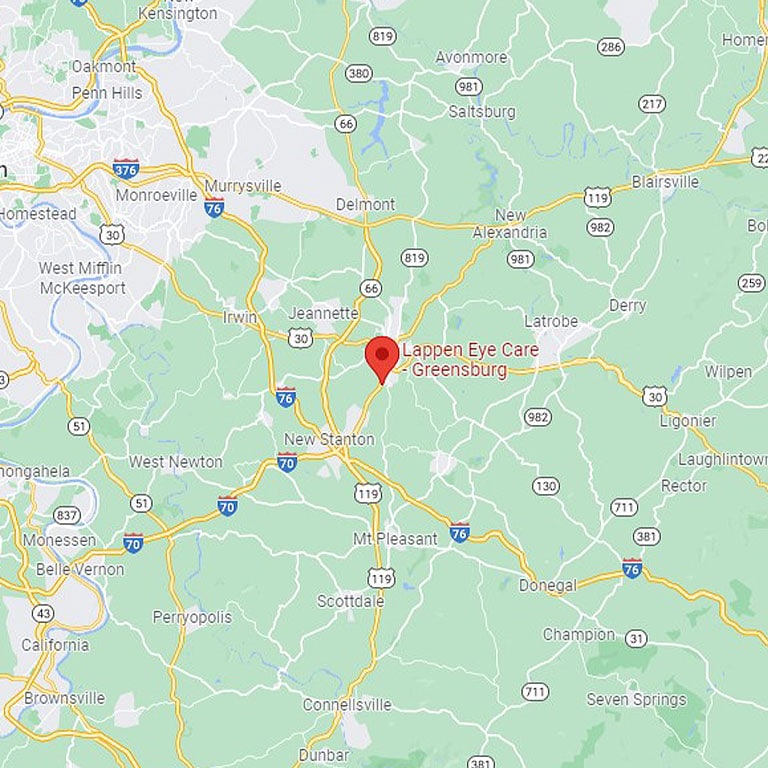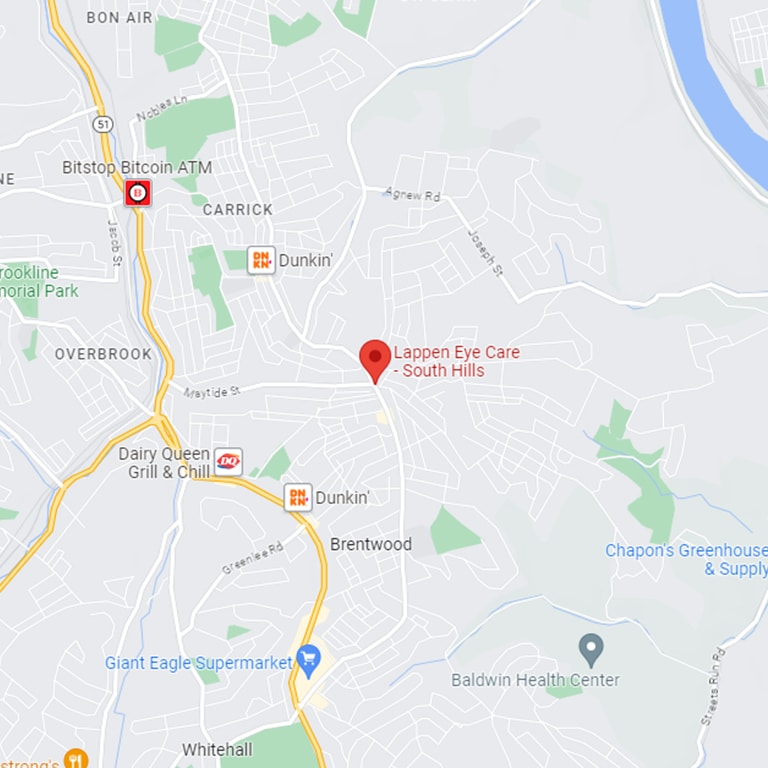Glaucoma is a condition that currently affects about 3 million Americans. This condition can have devastating effects, but presents few or no noticeable symptoms in its early stages. This means that most people don’t realize when they’re being impacted by glaucoma until some of their eyesight has already deteriorated.
Seeing the eye doctor in Pittsburgh and Greensburg PA, and educating yourself about glaucoma, can help you avoid a potentially terrible eye condition that can impact your vision and quality of life.
What Is Glaucoma?
Glaucoma is a disease that causes damage to the optic nerve. This damage is caused by high pressure in the eye. When damage is done, glaucoma can lead to blindness. In fact, this condition is one of the leading causes of blindness for people over age 60.
Often, glaucoma has no warning signs. Many people don’t notice that there is something wrong until some vision has already been lost. Once some vision is lost, it cannot be recovered. Only early detection of glaucoma and targeted treatment can save vision.
Symptoms of Glaucoma
As already mentioned, early stages of glaucoma may have no signs or symptoms. By the time damage has occurred to the patient’s vision, the condition is already advanced. Some signs to watch for include:
Patchy blind spots in peripheral or central vision
Severe headache
Tunnel vision
Eye pain
Blurry vision
Nausea and vomiting
Eye redness
Halos around lights
If you’re experiencing any of the symptoms of glaucoma, see the eye doctor as soon as possible. Some types of glaucoma set on very quickly and are considered an eye emergency. Don’t delay seeing the eye doctor!
Causes of Glaucoma
Glaucoma is a condition that occurs because of damage to the optic nerve. As the nerve deteriorates, so does vision. This nerve damage is usually attributed to increased pressure in the eye that comes from a buildup of fluid. Usually, this fluid drains out of the eyes.
However, when the drainage system in the eyes stops working properly, the fluid may stop draining as it should. Glaucoma is often genetic, which means that it can be passed down from one family member to another.
Who Is At Risk?
Below are the risk factors for glaucoma:
Age. People over age 60 are more likely to develop glaucoma.
Race. Black, Asian and Hispanic people are more likely to be affected by glaucoma.
Genetics. If you have relatives with glaucoma, you’re more likely to get it yourself.
Medical conditions. Some medical conditions, such as diabetes, high blood pressure, heart disease and sickle cell anemia, can all put you at higher risk for glaucoma.
Medications. Taking corticosteroid medications, especially eye drops, can put you at increased risk for glaucoma.
Existing eye conditions. If you’re very nearsighted or very far-sighted, you’re at increased risk to get glaucoma.
Glaucoma Care
The best way to prevent blindness from glaucoma is to catch it in its early stages. Here’s what you can do to prevent blindness from advanced stage glaucoma.
See the eye doctor regularly. Your eye doctor can detect early stage glaucoma by dilating your eyes and performing an eye examination in Pittsburgh or Greensburg PA. Even if you’ve never had eyeglasses and have no corrective lenses, it’s still a good idea to see your eye doctor to get regular check-ups for glaucoma.
Know when you’re at risk. If you have a condition that puts you at risk, or if you have a family history of glaucoma, tell your eye doctor. If you’re at risk for glaucoma, it’s especially important to see your eye doctor regularly.
Glaucoma Treatment
There are many types of treatment that can help when you’re diagnosed with glaucoma. Your eye care doctor will help you determine which treatment is best for your condition based on symptoms, how advanced the condition is, and so on.
Eyedrops
Prescription eye drops can help relieve the pressure in the eye. Your eye doctor may prescribe more than one eye drop, depending on your needs. Your eye doctor will give you instructions to ensure that the eyedrop medication is absorbed properly and is applied in a way that is most effective. Follow your eye doctor’s instructions and take your eye drop medication regularly to prevent further deterioration of your eyesight.
Oral Medications
Oral medications can also be used to reduce eye pressure, if the eyedrops don’t do the job effectively. Your eye doctor will help you determine when oral medications are called for.
Surgery
If medications and eyedrops don’t improve drainage in your eyes enough, your eye doctor may recommend surgery. These surgeries include laser therapy, filtering surgery, minimally invasive glaucoma surgery, and insertion of drainage tubes.
Following any surgical procedure, your eye doctor will continue to measure the eye pressure in your eyes to determine whether you need follow-up procedures.
Sometimes eye surgery only works for a while until pressure begins to build back up in the eye. When this happens, your eye doctor may recommend a new kind of surgery or new concoction of therapies to keep eye pressure down.
Glaucoma Prevention
Living a healthy lifestyle can also help you avoid a glaucoma diagnosis. If you are diagnosed with glaucoma, the following tips can help you maintain good health, which may work in conjunction with medications to control the spread of glaucoma.
Exercise regularly. Moderate exercise can reduce your risk of developing glaucoma. Engage in safe exercise. Your physician can help you determine what exercise is “safe” and what is not.
Eat a healthy diet. Eating right can help you maintain healthy eyes. Vitamins that are good for your eyes include selenium, zinc, vitamin C, copper, vitamin E, and vitamin A.
Limit caffeine intake. High doses of caffeine can cause higher eye pressure. Limit your caffeine intake to a moderate amount to protect your eyes from high pressure inside.
Sleep with your head elevated. Sleeping with your head elevated can help reduce pressure in the eyes while you sleep.
Even if you’re living a healthy lifestyle, you must still see the eye doctor in Pittsburgh and Greensburg PA to catch and treat glaucoma. Failure to see the eye doctor or work with the eye doctor or a qualified medical professional may lead to blindness.
Make An Appointment to See Your Eye Doctor Today
Glaucoma is a serious condition that can dramatically impact quality of life. Even working with an eye doctor, some people still lose blindness in one or both eyes. The key to protecting your vision is seeing the eye doctor early and often, especially once you reach 60 years and older.
Talk to your eye doctor about glaucoma checkups and glaucoma treatments in Pittsburgh and Greensburg PA. At Lappen Eye Care, we provide glaucoma prevention and interventional glaucoma treatment to patients in the surrounding area. Call today to make an appointment and get your eyes checked.

